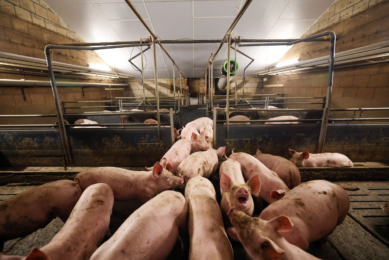Dioxin scandal: Minister calls for state support
German Agriculture Minister Ilse Aigner on Tuesday urged state officials to implement a federal action plan that aims to prevent future food contamination ahead of special government summit on the dioxin animal feed scandal.
“I expect that the states will stand behind this plan and do their part to increase quality and monitoring, and improve inspection practices,” Aigner told daily Hamburger Abendblatt.
The minister said she was confident her plan would be approved because it also includes points suggested by opposition parties the centre-left Social Democrats (SPD) and the environmentalist Greens.
Criminal punishment
Aigner and state agriculture ministers have also spoken in favour of reviewing criminal punishment for those responsible for the dioxin contamination that closed thousands of German farms and contaminated countless eggs and pork products in recent weeks.
“The punishments must be strengthened significantly – three years or a few thousand euros are no real deterrent,” Thuringian Agriculture Minister Jürgen Reinholz told daily Leipziger Volkszeitung.
Cooperation not supported
But Reinholz said he was uncertain that Aigner’s plans for closer cooperation between states and the federal government is appropriate.
“The states are already in a position to conduct the necessary inspections themselves,” he said.
North Rhine-Westphalian Consumer Protection Minister Johannes Remmel echoed these concerns.
“If the federal government wants to pay for the inspections itself, it can do that,” he told daily Frankfurter Rundschau. “But more importantly, we must strengthen states and communities so they can be more active on-site.”
Action plan
Aigner last week unveiled a new 10-point action plan to implement tougher animal feed regulations.
"We will significantly increase safety standards and sharpen obligations to notify authorities and the duty to inspect," she said. “Consumers expect this and we are going to do it."
The action plan includes:
- Duty of feed producers to obtain authorization.
- Separation of production flows.
- Expansion of legal requirements in respect of feed controls.
- Duty of private laboratories to report.
- A binding positive list of feedstuffs.
- Duty to cover the risk of liability.
- Revision of the system of penalties.
- Expansion of dioxin monitoring—establishment of an early-warning system.
- Improvement of the quality of food and feed controls and inspection.
- Transparency for consumers.











